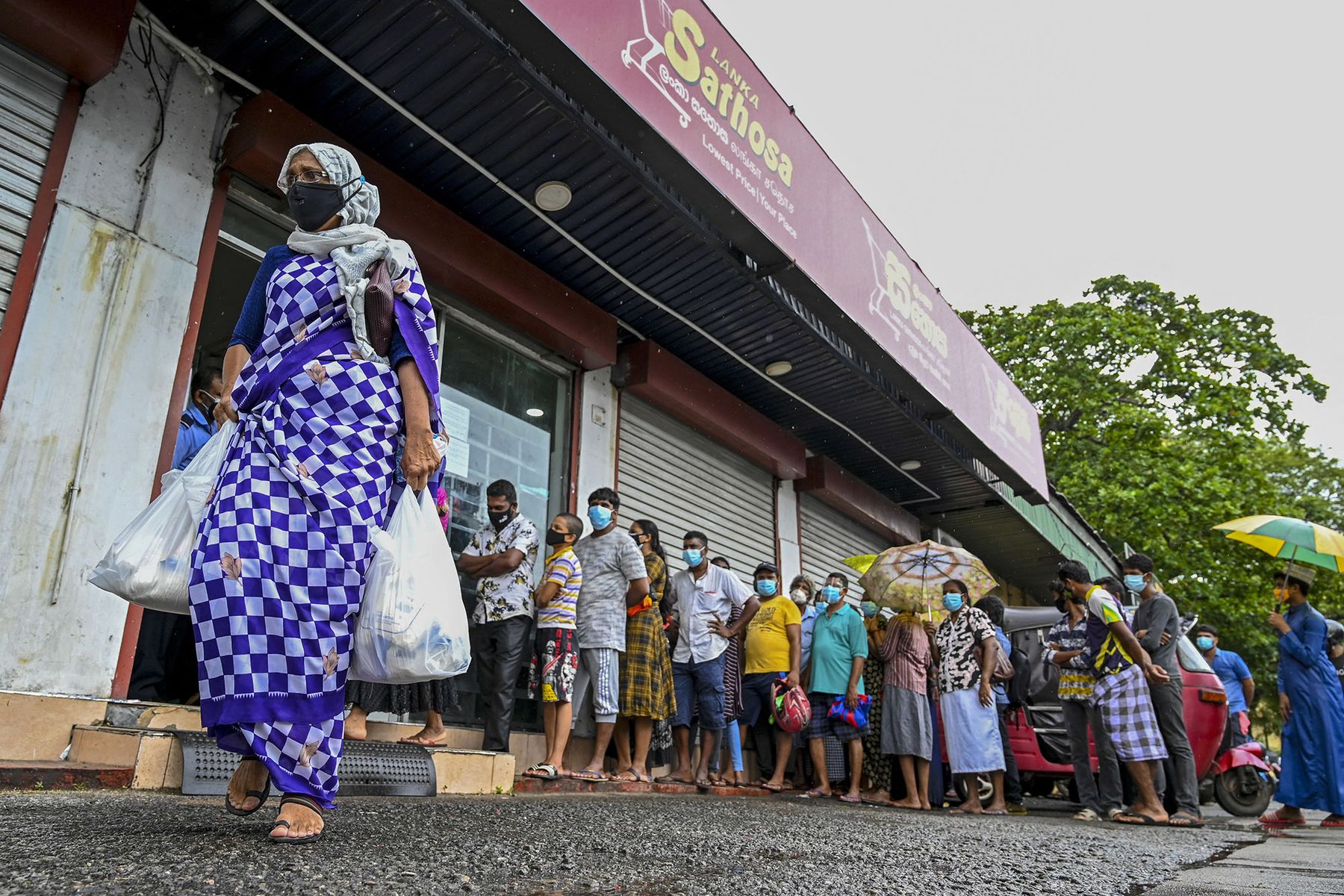The United Nations (UN) expects Sri Lanka to face numerous challenges this year, mainly as a result of the coronavirus.
According to a UN report, Sri Lanka’s major challenges are food shortages, dwindling foreign reserves and sovereign debt risks.
The 2022 World Economic Situation and Prospects (WESP) report, produced by the UN Department of Economic and Social Affairs (DESA), cites a cocktail of problems that are slowing down the economy globally, namely new waves of COVID-19 infections, persistent labour market and lingering supply-chain challenges, and rising inflationary pressures.
On Sri Lanka, the report says GDP growth is projected at 2.6 per cent in 2022. Its major challenges include food shortages, dwindling foreign reserves and sovereign debt risks.
“The Central Banks of Pakistan and Sri Lanka increased interest rates in the second half of 2021 amid rising inflation and widening current account deficits. Central banks need to assess the magnitude and timing of policy changes to support an inclusive recovery and maintain financial and price stability,” the report said.
The report said that South Asia faces major downside risks that can strengthen headwinds in achieving the 2030 Agenda.
Relatively slow vaccination progress leaves the region vulnerable to new variants and recurrent outbreaks. Financial constraints and an inadequate global vaccine supply continue to drag down full recovery in some countries.
As of early December 2021, Bangladesh, Nepal and Pakistan had less than 26 per cent of their populations fully vaccinated. By contrast, the fully vaccinated population is above 64 per cent in Bhutan, Maldives and Sri Lanka. In India, a deadly wave of infection with the Delta variant stole 240,000 lives between April and June and disrupted economic recovery. The report said that similar episodes could take place in the near term.


